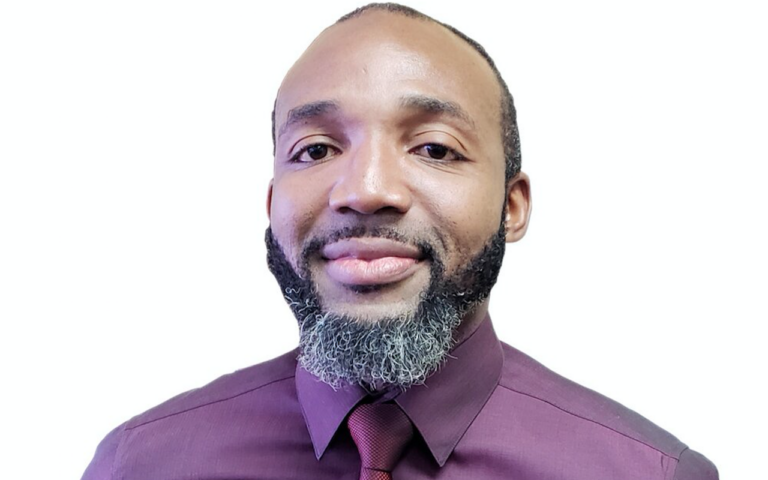
The man in charge of pharmacology at the University of the West Indies (UWI), Cave Hill Campus Dr Damian Cohall has suggested the proposed pharmaceutical industry for Barbados should be expanded into a health and wellness industry.
While welcoming last Tuesday’s announcement by Prime Minister Mia Mottley that she struck a deal with the Rwandan government that would result in the creation of a pharmaceutical industry here, with a focus on cancer treatment medications, vaccines and drugs for women’s reproductive healthcare, Dr Cohall said the industry should embrace not just a curative approach but a preventive system with room for traditional herbal remedies.
“Generally, when we speak about pharmaceuticals, we speak about medicines to cure disease, but I am hoping that Government would be somewhat flexible and be amenable to the idea of first looking at an expanded health and wellness industry and not just focusing on that [curative] medical paradigm, where we can actually have products that are prophylactic and prevention of disease as well,” the Director of the PhD Pharmacology programme and Senior Lecturer in Pharmacology at UWI, Cave Hill Campus said during an interview with Barbados TODAY.
Dr Cohall, author of Medicinal Plants of Barbados for the Treatment of Communicable and Non-Communicable Diseases, sought to ground his case for the inclusion of traditional herbal medicines in the proposed pharmaceutical industry by arguing that “our ancestors lived for generation after generation” with plant-based remedies playing a key role in their longevity.
He expressed hope that the new pharmaceutical sector would advance the use of plant-based medicines in preventive care – a cause he has been championing for several years.
“Of course, we know that looking at our experience coming out of the pandemic, there would be a strong emphasis on developing antibiotics and also vaccines.
“But we also need to look at health resilience from the standpoint of preventive measures by looking at how compounds from plants are not only seen as curative agents but can also be seen as potential active ingredients to make functional food supplements and pharmaceuticals that can aid in our desire to be a healthier nation,” he suggested.
Dr Cohall also addressed the local medical fraternity’s resistance to the use of herbal medicines.
“What I see as a possible way to address this issue is the marrying of both worlds to some extent, where we look at the modernisation of traditional herbal medicines. Let’s look at opportunities to make herbal medicines more mainstream like our colleagues in China and India. We need to make it more mainstream in our region by teaching about herbal medicines in schools and introducing our youngsters to it from the time they are in primary school,” the UWI researcher submitted, adding the value of these medicines should be reiterated to students at the secondary and tertiary levels as well.
Dr Cohall, who is the UWI’s Director of the Department of Preclinical and Health Sciences, is convinced that the new industry would open doors for careers and further research opportunities for graduates of his faculty.
“Pharmacology has always been a discipline in the region that has been extremely academic, and not heavily slanted toward industry and development of industries, so we welcome it. That is really the regional perspective,” he said.
The university researcher explained that pharmacology in other parts of the world always has “these two interesting opportunities for graduates who spend time undertaking this discipline at the Masters and Postgraduate levels where you move into academia at university and do research”.
He suggested that students could also have the option of working in the industry, such as at pharmaceutical companies, developing drugs and ensuring the country has local options for medicines derived from home sources rather than the constant imports which come at a heavy price.
Dr Cohall is certain that his students would welcome the setting up of the pharmaceutical industry.
“I welcome it and I am quite sure that my students would seize an opportunity to expand our skill set with the development of these industries,” the Senior Lecturer on Pharmacology declared.
In her announcement at a press conference at the Grantley Adams International Airport (GAIA) after an official trip to Rwanda, Prime Minister Mottley said the creation of a pharmaceutical industry was one of the biggest achievements coming out of that visit.
She disclosed that the new sector would provide jobs for between 4 000 and 5 000 Barbadians.
emmanueljoseph@barbadostoday.bb
The post More than meds appeared first on Barbados Today.